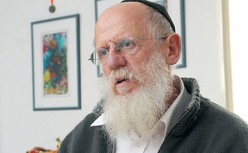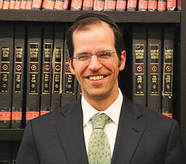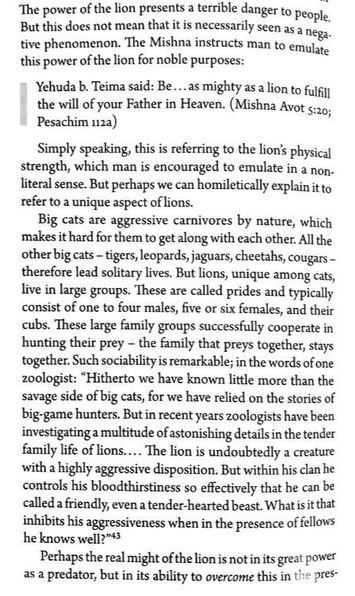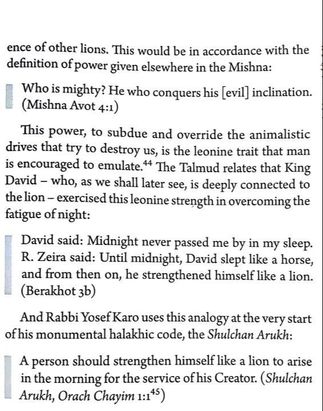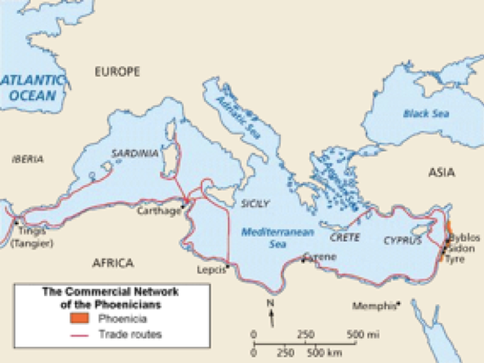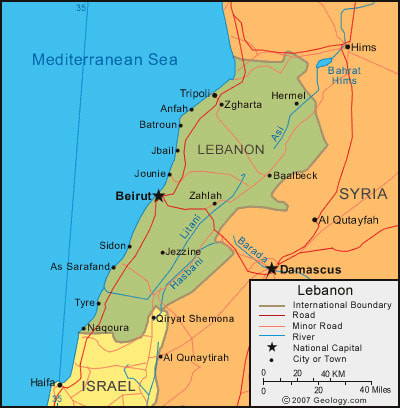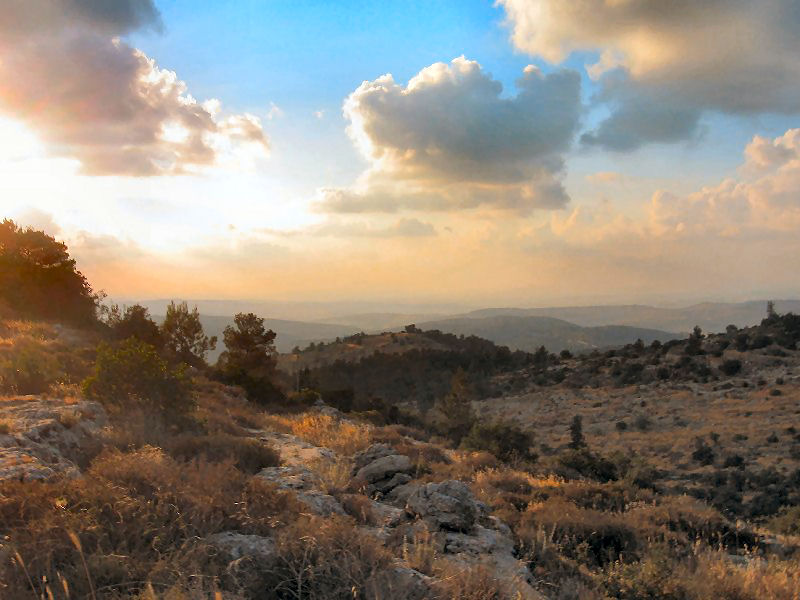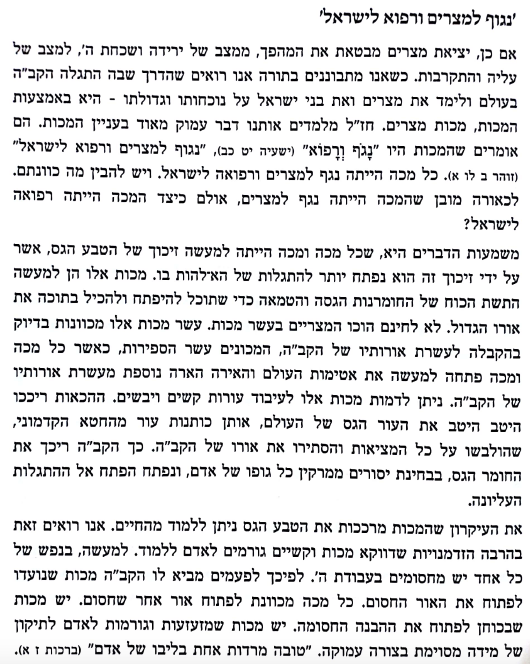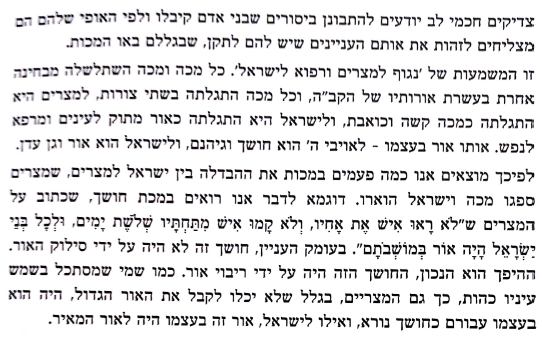PodcastsTexts
HighlightsChoosing War and Dishonour (Perek 30)
In Perek 30, Yeshayahu describes the misplaced trust of the nation of Israel in their ally in the South - Egypt. They place so much trust in that coalition but ultimately it bears no fruit. In fact, Hashem orchestrates it in such a way that Egypt is exiled even before Israel and watches on helplessly. Hashem admonishes them for trusting in Egypt. If they had chosen trust in God, they would have avoided the war they ended up in.
Yeshayahu 30:15-16
ל,טו כִּי כֹה-אָמַר אֲדֹנָי יְהוִה קְדוֹשׁ יִשְׂרָאֵל, בְּשׁוּבָה וָנַחַת תִּוָּשֵׁעוּן--בְּהַשְׁקֵט וּבְבִטְחָה, תִּהְיֶה גְּבוּרַתְכֶם; וְלֹא, אֲבִיתֶם. ל,טז וַתֹּאמְרוּ לֹא-כִי עַל-סוּס נָנוּס, עַל-כֵּן תְּנוּסוּן; וְעַל-קַל נִרְכָּב, עַל-כֵּן יִקַּלּוּ רֹדְפֵיכֶם
For thus said my Lord GOD, The Holy One of Israel, “You shall triumph by stillness and quiet; Your victory shall come about Through calm and confidence.” But you refused
“No,” you declared. “We shall flee on steeds”— Therefore you shall flee! “We shall ride on swift mounts”— Therefore your pursuers shall prove swift!
My friend, Alan Steinmetz, pointed out a recent occurence of this type of mismanaged trust. In the 1930s the League of Nations witnessed and enabled the rise of Germany as a terrifying power in Europe. But instead of taking careful action, they chose pacifism, which ultimately led to the war they were trying to avoid.

"You were given the choice between war and dishonour. You chose dishonour, and you will have war."
Winston Churchill to Neville Chamberlain Pesach: The Festival of Hovering (Perek 31)
Yeshayahu makes it clear that Hashem will protect the nation of Israel from enemy onslaught. He uses a curious phrase to describe this.
Yeshayahu 31:5
כְּצִפֳּרִים עָפוֹת--כֵּן יָגֵן ה׳צְבָאוֹת, עַל-יְרוּשָׁלִָם; גָּנוֹן וְהִצִּיל, פָּסֹחַ וְהִמְלִיט
Like the birds that fly, even so will the LORD of Hosts shield Jerusalem, shielding and saving, protecting and rescuing.
Comments
0 Comments
Photo by Egor Kamelev from Pexels
PodcastsTexts
HighlightsTwo Worlds, Two Dimensions (Perek 26)
Yeshayahu describes trusting in Hashem in a beautiful poetic line (Yeshayahu 26:4)
בִּטְחוּ בַה׳, עֲדֵי-עַד: כִּי בְּיָהּ ה׳, צוּר עוֹלָמִים
Trust ye in the LORD for ever, for the LORD is GOD, an everlasting Rock.
The Gemara in Menachos 29b teaches us that there is much more being described than simply trusting in Hashem. Yeshayahu is actually describing the difference between the dimension of this world and the next.
כדבעא מיניה רבי יהודה נשיאה מר' אמי מאי דכתיב (ישעיהו כו, ד) בטחו ביי' עדי עד כי ביה יי' צור עולמים אמר ליה כל התולה בטחונו בהקב"ה הרי לו מחסה בעולם הזה ולעולם הבא אמר ליה אנא הכי קא קשיא לי מאי שנא דכתיב ביה ולא כתיב יה כדדרש ר' יהודה בר ר' אילעאי אלו שני עולמות שברא הקב"ה אחד בה"י ואחד ביו"ד ואיני יודע אם העולם הבא ביו"ד והעולם הזה בה"י אם העולם הזה ביו"ד והעולם הבא בה"י
Rabbi Yehuda Nesia asked Rabbi Ami: What is the meaning of that which is written: “Trust in the Lord forever, for in the Lord [beYah] is God, an everlasting [olamim] Rock” (Isaiah 26:4)? Rabbi Ami said to him: Anyone who puts their trust in the Holy One, Blessed be He, will have Him as his refuge in this world and in the World-to-Come. This is alluded to in the word “olamim,” which can also mean: Worlds.
Rabbi Yehuda Nesia said toRabbi Ami: I was not asking about the literal meaning of the verse; this is what poses a difficulty for me: What is different about that which is written: “Forin the Lord [beYah],” and it is not written: For the Lord [Yah]? Rav Ashi responded: It is as Rabbi Yehuda bar Rabbi Elai taught: The verse “For in the Lord [beYah] is God, an everlasting Rock [Tzur olamim]” is understood as follows: The term “Tzur olamim” can also mean Creator of worlds. Theseletters yod and heh that constitute the word yah are referring to the two worlds that the Holy One, Blessed be He, created; one with [be] the letter heh and one with [be] the letter yod. And I do not know whether the World-to-Come was created with the letter yod and this world was created with the letter heh, or whether this world was created with the letter yod and the World-to-Come was created with the letter heh. Songs of Victory (Perek 26)
How many contemporary Jewish songs did you find in perek 26? I found three.
Accepting Charity from non-Jews (Perek 27)
Poetically Yeshayahu relates a description of the fall of the enemies of the Israelites (Yeshayahu 27:11)
בִּיבֹשׁ קְצִירָהּ, תִּשָּׁבַרְנָה, נָשִׁים, בָּאוֹת מְאִירוֹת אוֹתָהּ: כִּי לֹא עַם-בִּינוֹת, הוּא--עַל-כֵּן לֹא-יְרַחֲמֶנּוּ עֹשֵׂהוּ, וְיֹצְרוֹ לֹא יְחֻנֶּנּוּ.
When its crown is withered, they break; Women come and make fires with them. For they are a people without understanding; That is why Their Maker will show them no mercy, Their Creator will deny them grace.
This verse is actually one of the foundations for an immensely complex topic about receiving charity from non-Jews based on Chazal's explanation of this pasuk in Bava Basra 10a. For an excellent shiur on this topic, Rabbi Aryeh Lebowitz addresses this topic on YUTorah.org
The Strength of Lions (Perek 29)
Yeshayahu uses a beautiful description of the Mizbeiach, the alter, in the temple. He calls it: Ariel - the lion of God. (Yeshayahu 29:1)
הוֹי אֲרִיאֵל אֲרִיאֵל, קִרְיַת חָנָה דָוִד; סְפוּ שָׁנָה עַל-שָׁנָה, חַגִּים יִנְקֹפוּ
Ah, Ariel, Ariel, City where David camped! Add year to year, Let festivals come in their cycles!

Lions are the focus of Jewish tradition in many ways. Famously, the Shulchan Aruch begins with the statement (Shulchan Aruch, Orach Chaim 1:1)
יתגבר כארי לעמוד בבוקר לעבודת בוראו שיהא הוא מעורר השחר
One should strengthen himself like a lion to get up in the morning to serve his Creator, so that it is he who awakens the dawn.
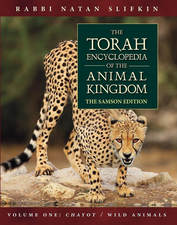
The funny thing about this is that lions do a great deal of sleeping. They don't seem to be the best example of strength when it comes to waking up. What is being learned from the lion?
Rabbi Natan Slifkin, in his 'The Torah Encyclopedia of the Animal Kingdom', has an insightful idea which helps explain the uniqueness of the lion and why, perhaps, it plays such an important role in Jewish imagery.
Photo by McKylan Mullins from Pexels
PodcastsTexts
HighlightsThe Keys to the Heavens (Perek 22)
In this perek, Yeshayahu describes a most unusual image. It talks of the priests on the rooftop of the temple. Here are Yeshayahu's words: Yeshayahu 22:1
מַשָּׂא, גֵּיא חִזָּיוֹן: מַה-לָּךְ אֵפוֹא, כִּי-עָלִית כֻּלָּךְ לַגַּגּוֹת
The “Valley of Vision” Pronouncement. What can have happened to you That you have gone, all of you, up on the roofs
What are the people doing up on the rooftops exactly? It is unclear. Chazal give us the subtext in a most stunning idea to be found in Talmud Bavli, Taanis 29b
תנו רבנן משחרב הבית בראשונה נתקבצו כיתות כיתות של פרחי כהונה ומפתחות ההיכל בידן ועלו לג ההיכל ואמרו לפניו רבונו של עולם הואיל ולא זכינו להיות גזברין נאמנים יהיו מפתחות מסורות לך וזרקום כלפי מעלה ויצתה כעין פיסת יד וקיבלתן מהם והם קפצו ונפלו לתוך האור
ועליהן קונן ישעיהו הנביא (ישעיהו כב, א) משא גיא חזיון מה לך איפוא כי עלית כולך לגגות תשואות מלאה עיר הומיה קריה עליזה חלליך לא חללי חרב ולא מתי מלחמה אף בהקב"ה נאמר (ישעיהו כב, ה) מקרקר קיר ושוע אל ההר:
The Sages taught: When the Temple was destroyed for the first time, many groups of young priests gathered together with the Temple keys in their hands. And they ascended to the roof of the Sanctuary and said before God: Master of the Universe, since we did not merit to be faithful treasurers, and the Temple is being destroyed, let the Temple keys be handed to You. And they threw them upward, and a kind of palm of a hand emerged and received the keys from them. And the young priests jumpedfrom the roof and fell into the fire of the burning Temple.
And the prophet Isaiah lamented over them: “The burden of the Valley of Vision. What ails you now that you have all gone up to the roofs? You that were full of uproar, a tumultuous city, a joyous town, your slain are not slain with the sword, nor dead in battle” (Isaiah 22:1–2). This is referring to the young priests who died by throwing themselves off the roof into the fire.
That fateful day of the destruction of the Mikdash does have a silver lining. The keys of access to the Mikdash were not left in human hands. Although the hosts of the enemy callously trampled every inch of it, they did not have the keys to access the spiritual epicenter of the Mikdash. They were lacking the keys.
The City of Tyre (Perek 23)
In this chapter, the concluding chapter relating to the nations of the world, Yeshayahu focusses on Tzor or Tyre. Interestingly enough, he spends less time describing Tyre than the impact its fall will have on the entire Mediterranean Sea trade. Yeshayahu 23:1
מַשָּׂא, צֹר: הֵילִילוּ אֳנִיּוֹת תַּרְשִׁישׁ, כִּי-שֻׁדַּד מִבַּיִת מִבּוֹא, מֵאֶרֶץ כִּתִּים, נִגְלָה-לָמוֹ
The “Tyre” Pronouncement. Howl, you ships of Tarshish! For havoc has been wrought, not a house is left; As they came from the land of Kittim, This was revealed to them.
To really appreciate this, one needs to be somewhat familiar with the Mediterranean Sea trade routes and the important port cities of the time.
Today, Tyre is still one of the port cities in Lebanon, albeit less of a center than Beirut.
CommentsPodcastsText
HighlightsMoav Perakim 15-16
This perek points to one of the reasons of Moav receiving such a devastating end was its lack of willingness to take in the fleeing Israelites from the destruction of Assyria of the Northern Kingdom. This repeated itself many times in Jewish history. One unfortunate episode occurred in 1938 at the Evian Conference in France.
Reflecting the opinion of many delegations, the Australian representative, T. W. White, explained: “As we have no real racial problem, we are not desirous of importing one.”
But the food was superb, and the vistas breathtaking, and everyone tried to exude good will. In fact, if success could be measured by good will alone, the Evian Conference would have been judged a roaring success. But day after day reporters sensed a failure all but inevitable. By the end it was clear to everyone, not just to the reporters, that little had been accomplished. Hopes had been raised, and then dashed. The Evian Conference went down in history as a complete flop. Only one nation, the Dominican Republic, agreed to accept 100,000 refugees. Hitler, not known for his humor, was supposed to have joked: “We…are ready to put all these criminals at the disposal of these countries,” adding: “for all I care, even on luxury ships.” - Refugee crises and the sad legacy of the 1938 Evian conference, Marvin Kalb Damascus
In this perek, although Damascus is given the prophecy of destruction, Yeshayahu turns to the destroyers of Damascus which is Assyria. Yeshayahu closes with a powerful line:
לְעֵת עֶרֶב וְהִנֵּה בַלָּהָה בְּטֶרֶם בֹּקֶר אֵינֶנּוּ זֶה חֵלֶק שׁוֹסֵינוּ וְגוֹרָל לְבֹזְזֵינוּ׃
At eventide, lo, terror! By morning, it is no more. Such is the lot of our despoilers, The portion of them that plunder us.
Assyria is a metaphor for the many forces which tried over history to destroy the nation of Israel. Overnight they cease to exist.
In poetic terms, Lord Byron expresses this idea in his 1815 poem, The Destruction of Sennacherib
Like the leaves of the forest when Summer is green,
That host with their banners at sunset were seen: Like the leaves of the forest when Autumn hath blown, That host on the morrow lay withered and strown. For the Angel of Death spread his wings on the blast, And breathed in the face of the foe as he passed; And the eyes of the sleepers waxed deadly and chill, And their hearts but once heaved, and for ever grew still! Gog Umagog - Perek 18
As we learned there is a debate between between the Malbim and the rest of the Mefarshim whether this perek refers to the destruction of Assyria during the time of Chizkiyahu or referring to the times of Mashiach in the future.
For the other accounts of this episode see Ezekiel 38-39 and Zechariah 14 Egypt - Perek 19
In this Perek, Egypt's destruction is captured in the conflicted term, Isaiah 19:22
וְנָגַף יְהוָה אֶת־מִצְרַיִם נָגֹף וְרָפוֹא וְשָׁבוּ עַד־יְהוָה וְנֶעְתַּר לָהֶם וּרְפָאָם׃
The LORD will first afflict and then heal the Egyptians; when they turn back to the LORD, He will respond to their entreaties and heal them.
Rav Chaim Cohen, in his Sefer Talelei Chaim, Shmos page 111-12, quoting the Zohar that this refers to the fact the plagues in Egypt had a duel audience. As Egypt was being smitten, that same action allowed for the healing of the nation of Israel and their ability to become a nation.
Comments |
Nach YomiHere's the way it works. From Monday to Thursday I will be posting a 5 minute podcast of the chapter of the day. It will be a brief summary with a few points to ponder. I will also be sending out the Sefaria text so you can use it. Archives |
Proudly powered by Weebly

